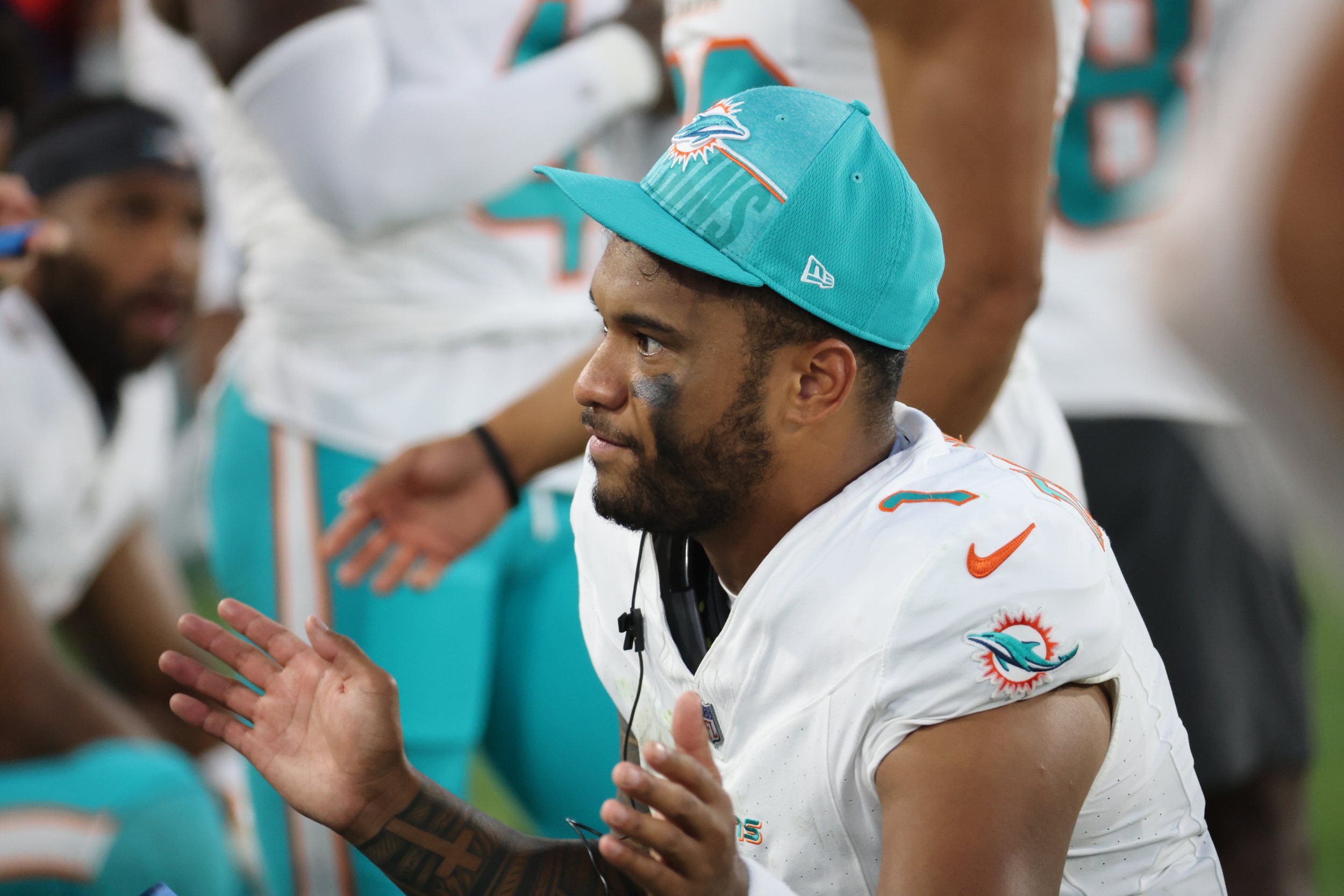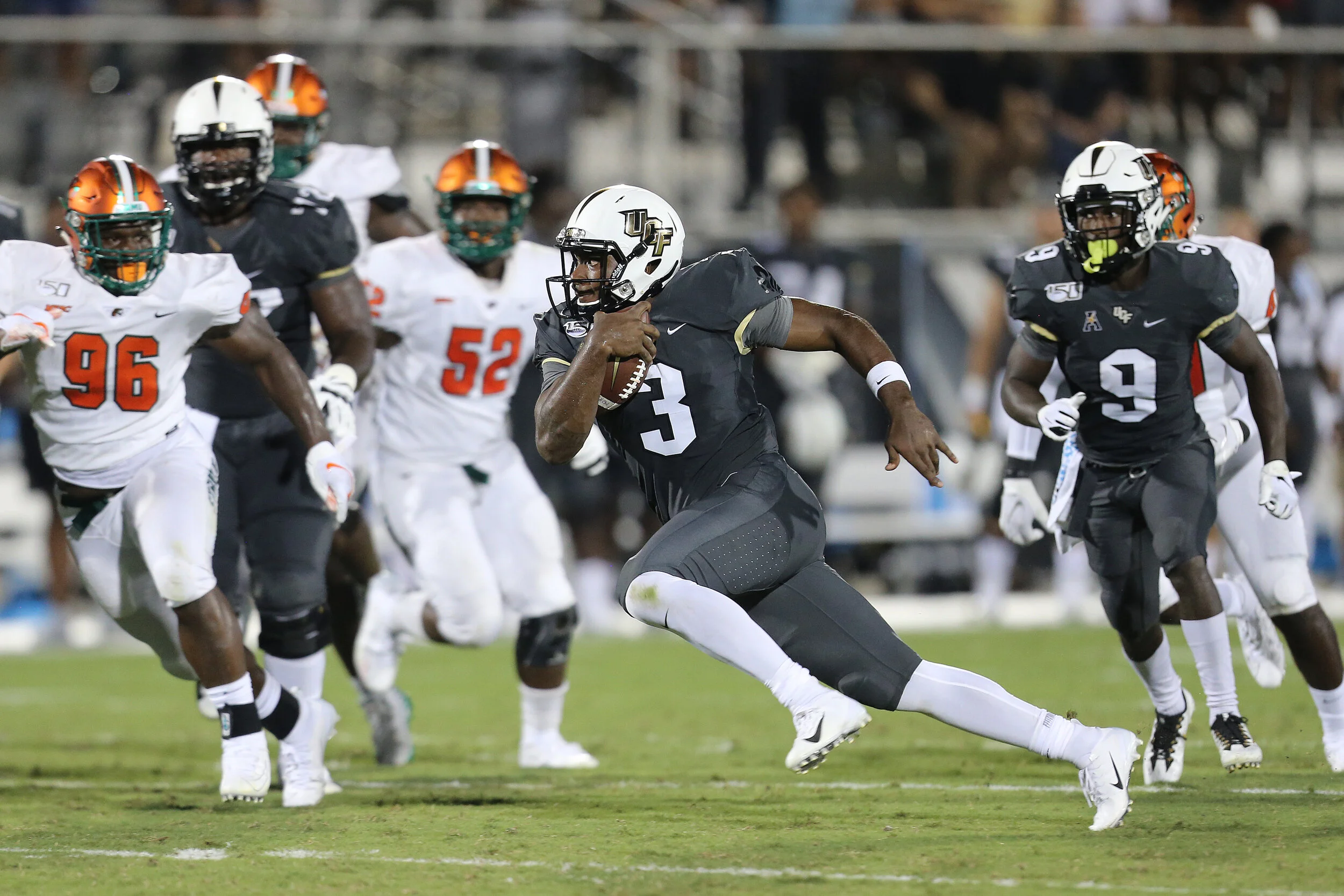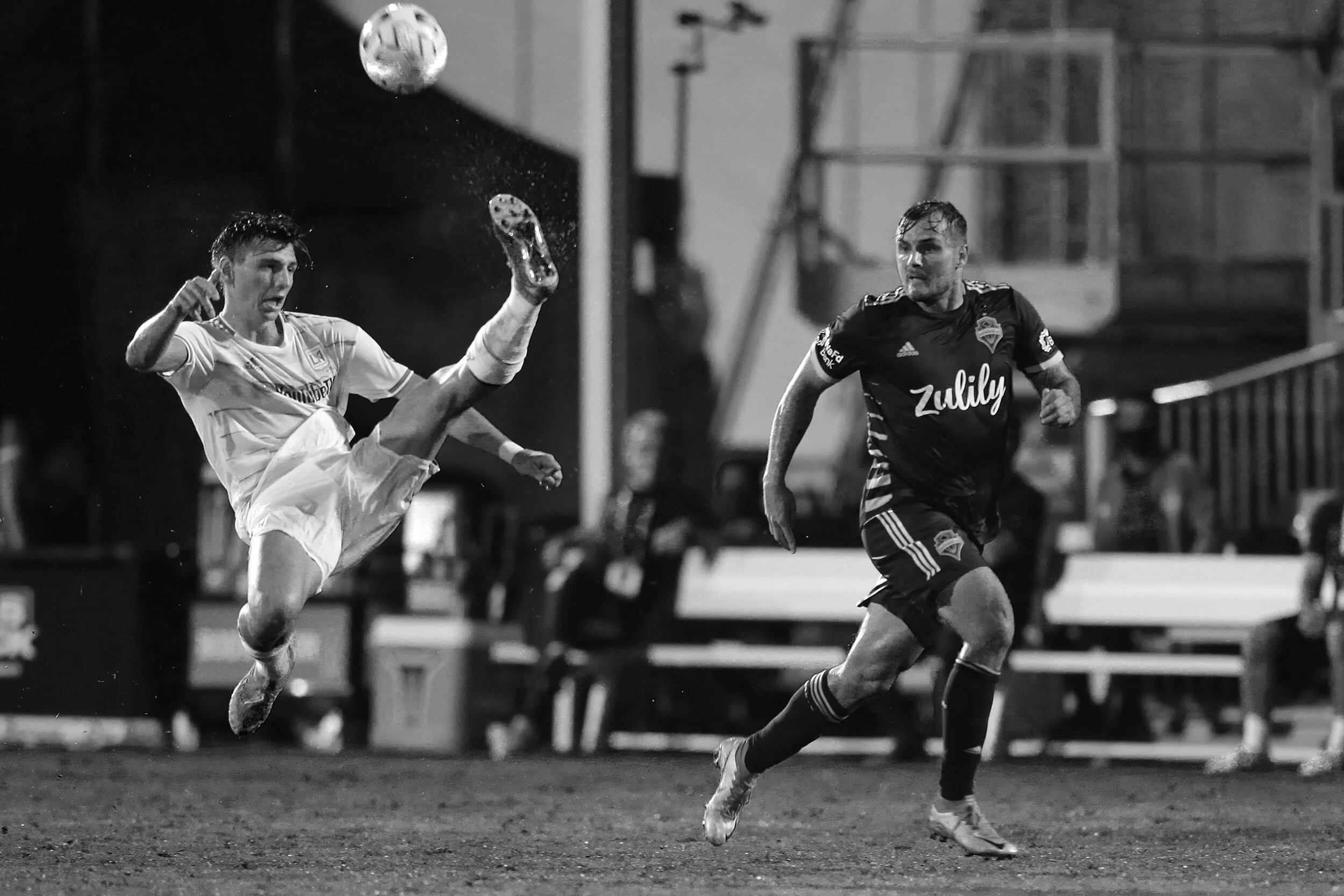Tua and his concussions!
Miami Dolphins quarterback Tua Tagovailoa has faced significant concern over his health after suffering multiple concussions during his career. Most recently, he experienced his third documented NFL concussion in a game against the Buffalo Bills. This incident has sparked discussions about the long-term impact on his career, especially since he had previously endured two major concussions in 2022. Despite the growing health risks, Tua has stated that he does not plan to retire at this time
Miami Dolphins quarterback Tua Tagovailoa suffered multiple concussions during the 2022 NFL season, raising concerns about his long-term health. His concussions led to increased scrutiny on the NFL's concussion protocols and the Dolphins' handling of his injuries.
Here are some general recommendations that had been discussed by medical experts, analysts, and those within the NFL community at the time:
1. Extended Rest and Recovery Time
After multiple concussions, a longer recovery period is typically recommended to allow the brain to heal properly. Repeated concussions without adequate recovery time increase the risk of long-term neurological issues.
Rest from physical activity and limiting mental strain (e.g., avoiding excessive screen time) were commonly suggested for athletes with concussions.
2. Neurological Assessments
Athletes with repeated concussions, like Tua, often undergo extensive neurological testing. This includes cognitive assessments, balance tests, and advanced imaging to evaluate the brain's condition.
Continuous monitoring by neurologists is important to track recovery progress and ensure no permanent damage has occurred.
3. Careful Return-to-Play Protocols
The NFL has strict concussion protocols that must be followed before a player can return to the field. These include being symptom-free at rest, progressing through a graded exercise program, and passing multiple stages of tests.
For someone like Tua, medical professionals might recommend a slower, more cautious return to the field, even after he passes the NFL’s official protocol.
4. Consideration of Long-Term Health
There was some speculation about whether Tua should consider retiring early to protect his long-term health. Repeated head trauma increases the risk of chronic traumatic encephalopathy (CTE), a degenerative brain condition linked to memory loss, depression, and other serious mental health issues.
Ultimately, the decision to continue playing or retire would depend on medical advice, Tua’s own wishes, and the risk assessment conducted by healthcare professionals.
5. Lifestyle Adjustments
Lifestyle changes, including better sleep, hydration, and nutrition, are important during concussion recovery. Avoiding activities that put the head at risk (e.g., contact sports outside of football) can also be recommended during recovery.
If Tua suffers another significant concussion, especially in a short time frame, these recommendations would likely become even more critical. However, his return and playing future will be based on updated medical guidance and his condition.
PhPHotos Alex Menenedez
Photos; Alex Menendez








